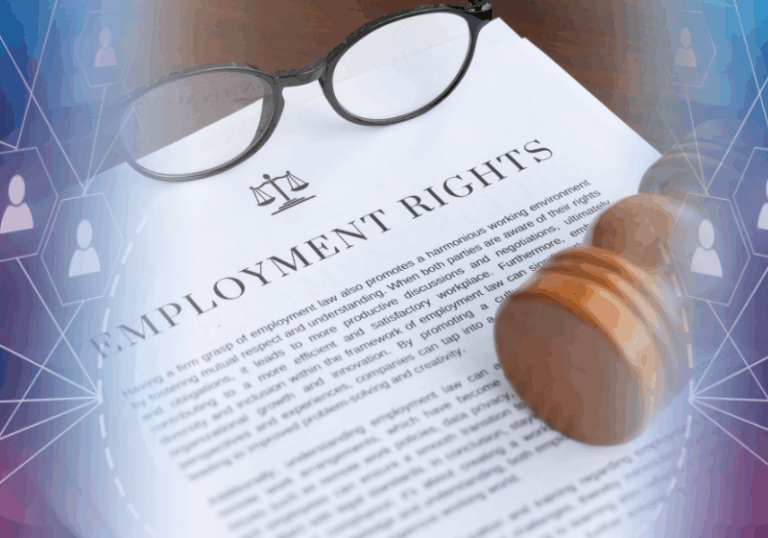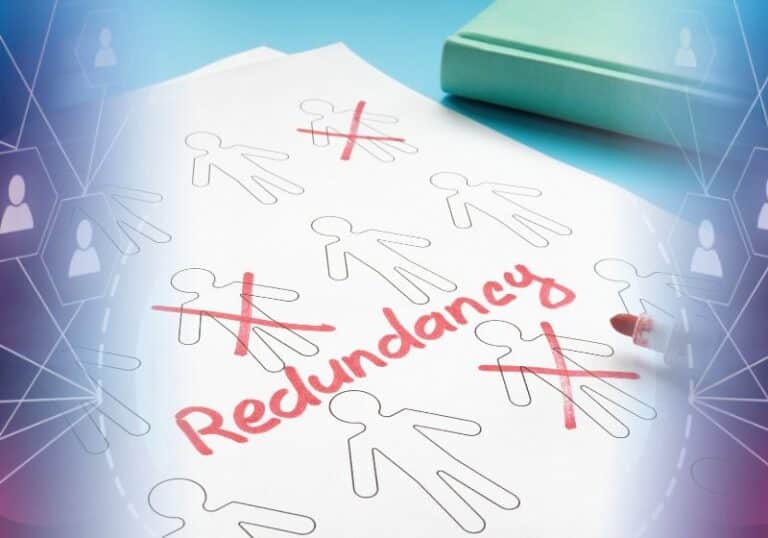Taken for a ride?

Uber loses landmark case on the employment rights of its drivers
Love them or loathe them, it is undeniable that since Uber was founded in 2009, it has emerged as a major global player in the ‘hail a cab’ arena. It was founded in 2009 with the simple concept of allowing people to book and pay for taxis using an app. Since then it is estimated that they now operate in over 66 countries and 507 cities worldwide. The firm has more than 40,000 licensed drivers in 20 UK towns and cities making more than a million trips per week.
The ‘Uber’ app allows consumers to submit a trip request, using their smartphone, which is then sent to the nearest driver. The Uber app automatically calculates the fare and transfers the payment to the driver.
It is fair to say that the rapid dominance of Uber has been somewhat controversial not only in the United Kingdom but worldwide. In particular, its business model of classifying its drivers as self-employed, has been challenged in a number of jurisdictions, including our own.
It has faced its first test in the UK with two Uber drivers recently taking the company to an Employment Tribunal challenging Ubers assertion that they were self-employed. The San Francisco-based company had argued that its drivers were self-employed contractors not employees.
The Employment Tribunal ruled in the drivers favour stating, that in its view that the two drivers who brought the claim, are ‘workers’ within the meaning of the Employment Rights Act 1996. Uber have confirmed that they will appeal this decision.
So what does this mean?
As the Uber drivers are classed as workers they will be entitled to certain minimum rights including:
• 5.6 weeks’ paid annual leave each year
• Maximum 48 hour average working week, and paid rest breaks
• National minimum wage (and the national living wage)
• Whistleblowing protection under the legislation
However as they are not employees, they will not be entitled to:
• Ability to claim unfair dismissal
• Right to a statutory redundancy payment
• Benefit of the implied term of trust and confidence
• Protection of TUPE, if Uber sells its business
The case is seen as testing the so called ‘Gig economy’ which has grown in a number of sectors, where individuals are treated as self-employed. These include companies like Deliveroo, Hermes, Yodel and a number of cycle courier companies. In fact, cycle couriers are currently in the process of taking Excel, City Sprint, Addison Lee and eCourier, to an employment tribunal with the support of their union, the Independent Workers Union of Great Britain (IWGB). They want to be classified as workers, which would entitle them to rights such as the minimum wage and holiday pay.
The reason why this judgement is important, is that the employment status or otherwise of an individual, can have major legal and financial implications for both an employer and an individual. The Government have publicly stated that it is clamping down on so called ‘abuses’ of self-employed status and IR35 regulations.
Although HM Revenue and Customs (HMRC) may regard someone as self-employed for tax purposes; an employment tribunal or court may still make a decision that they are a worker or employee for employment rights purposes.
It is not simply the case that if an individual has a contract, which states that they are self-employed, that this will be sufficient proof of their legal status. There are multiple tests which need to be applied to in order to assess an individual’s employed or self-employed status.
Every case has to be assessed on its individual merits and the implications in getting it wrong can be costly to the employer. Individuals and their employers may have to pay unpaid tax and penalties, or lose entitlement to benefits, if their employment status is wrong.
Getting it right
If you are unsure as to the status of your employees or one of your self-employed contractors, HR:4UK can advise you as to what tests need to be applied to determine legal status.
For further help and advice, speak to one of our advisors by calling 01455 444222 or complete our contact form and an advisor will be in touch shortly.
Angela Clay
A qualified employment law solicitor and our managing director, Angela has unparalleled legal expertise and decades of experience and knowledge to draw from. She’s a passionate speaker and writer that loves to keep employers updated with upcoming changes to legislation, and is a regular guest speaker on BBC Leicester Radio.




